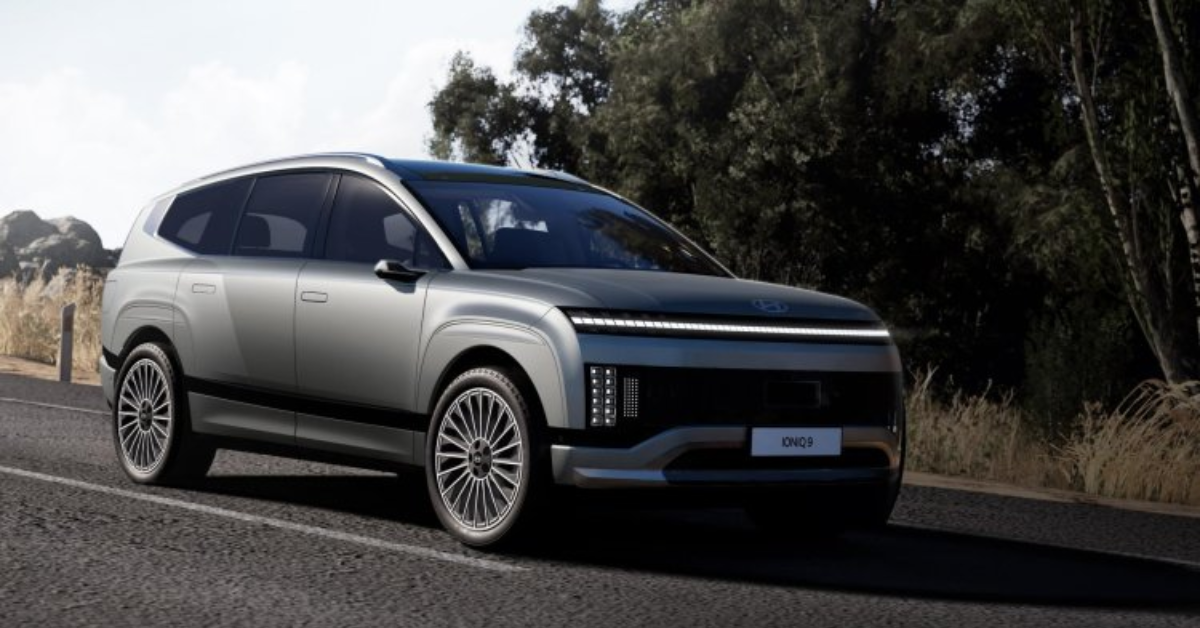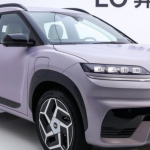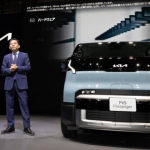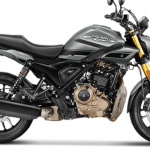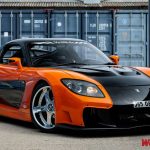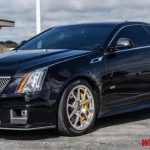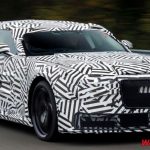In a triumph that highlights Hyundai’s commitment to futuristic aesthetics, innovation, and user-centric design, the South Korean auto giant has bagged six prestigious Red Dot Awards in 2025. These accolades are a testament to Hyundai’s evolving design philosophy, which seamlessly combines form, function, sustainability, and technology.
The Red Dot Design Award is one of the most coveted global honors recognizing excellence in product design, communication design, and design concepts. And Hyundai’s performance this year showcases its place at the forefront of automotive innovation—not just in mobility, but in redefining how vehicles interact with the world.
🏆 What Are the Red Dot Design Awards?
Before we dive into Hyundai’s big wins, let’s understand the importance of these awards.
The Red Dot Design Awards, held annually in Germany, are among the most respected design competitions in the world. The awards are categorized into three key segments:
- Product Design
- Brands & Communication Design
- Design Concept
Winning a Red Dot is not just about aesthetic appeal. It celebrates holistic thinking: combining usability, innovation, sustainability, and emotional connection in design.
🌐 Hyundai’s Six Wins in 2025: A Diverse Display of Excellence
Hyundai Motor Company secured six Red Dot awards in the “Design Concept” category, highlighting the brand’s bold vision for future mobility, technology integration, and sustainable innovation.
Here are the key projects and models that contributed to the win:
1. Hyundai N Vision 74 – Retro-Futurism Perfected
Hyundai’s hydrogen-powered sports concept, the N Vision 74, took center stage. Inspired by the 1974 Hyundai Pony Coupe concept, this model blends retro elements with future-facing technology. Its angular silhouette, LED light bar, and hydrogen fuel cell powertrain create a unique fusion of performance and environmental consciousness.
2. Mobion Concept – The Ioniq Reimagined
Part of Hyundai’s IONIQ sub-brand, the Mobion Concept explores the future of electric mobility with a focus on modular architecture and advanced connectivity. With sleek curves, a panoramic digital dashboard, and self-driving capabilities, it represents Hyundai’s take on personalized, adaptable EVs.
3. Mobility Lab Design Ecosystem
Hyundai’s design team also received recognition for its “Mobility Lab” ecosystem, which showcases integrated urban mobility solutions—ranging from shared EV hubs to smart energy systems. It reflects the company’s Smart City vision, aimed at reducing carbon footprints and enhancing connectivity.
4. Sustainable Design Language – Recycled Materials Project
Hyundai impressed with its innovative use of recycled and eco-friendly materials in vehicle interiors, especially through projects that utilize marine waste and plant-based fibers. This aligns with Hyundai’s broader sustainability roadmap to become carbon neutral by 2045.
5. Hyundai Cradle AI Integration Design
This project explored the use of AI-powered mobility assistants integrated within Hyundai vehicles. Through intuitive voice commands, machine learning, and context-aware systems, it offers a futuristic driving and commuting experience, especially in autonomous scenarios.
6. Hyundai’s Robotic Mobility Device – DAL-e Platform
Hyundai’s compact robotic delivery system named DAL-e (Delivery As a Lifestyle-enabler), aimed at indoor logistics and mobility within hospitals, malls, and airports, rounded off the six awards. Compact, efficient, and intelligent, it reflects Hyundai’s expanding role beyond cars—into mobility tech solutions.
🧠 Hyundai’s Design Philosophy: Sensuous Sportiness & Beyond
Hyundai has been following a holistic design language called “Sensuous Sportiness”, which emphasizes harmony between emotional value and practical innovation. Over the years, this philosophy has evolved to include sustainability, AI, and even biomimicry.
Key Elements:
- Emotional Appeal: Designs that connect with customers on a human level
- Functional Innovation: Every design element serves a purpose
- Tech Integration: Embracing digital interfaces, AI, and connectivity
- Sustainability: Pioneering in recycled interiors and zero-emission drivetrains
From bold SUVs like the Hyundai Tucson to futuristic concepts like the Prophecy, the company continues to challenge traditional auto design conventions.
🚗 Hyundai’s Role in Global Design Trends
This year’s Red Dot achievements place Hyundai among top automotive trendsetters, alongside brands like Tesla, Mercedes-Benz, and Lucid. Hyundai’s success also signifies a broader shift in global design expectations—from just sleek lines and fancy headlights to how the vehicle interacts with society, the environment, and its occupants.
Hyundai is no longer just a “value-for-money” carmaker. It’s redefining the automotive identity itself—blending mobility, architecture, sustainability, and user behavior into one creative space.
💬 What Hyundai Executives Are Saying
Following the awards, Hyundai executives expressed pride in their design team’s efforts. A senior designer stated:
“These awards reflect our future-first mindset. We’re not just designing cars—we’re creating ecosystems and experiences that blend beautifully into the lives of our customers and communities.”
Such statements reinforce Hyundai’s ambition to lead the mobility revolution, not just compete in it.
📈 Impact on Hyundai’s Market Perception
Winning 6 Red Dot Awards doesn’t just elevate Hyundai’s image—it directly influences buying decisions, especially among younger, design-conscious buyers and urban professionals.
- EV sales growth is expected to accelerate as Hyundai continues to push bold aesthetics through models like the IONIQ 5 and Kona EV.
- Brand value enhancement in global markets such as Europe, where design awards hold significant cultural capital.
- Stronger positioning against luxury brands in the premium electric vehicle segment.
🏁 Conclusion: Hyundai is Designing the Future, Today
Hyundai’s big win at the 2025 Red Dot Awards isn’t just about trophies—it’s about validation. It’s proof that Hyundai is no longer just catching up with global competitors—it’s setting the benchmark in mobility design, user experience, and future technology integration.
From concept cars to robotic mobility solutions and sustainable interiors, Hyundai is designing a future where form follows innovation, and mobility blends with lifestyle.
As we head deeper into an era driven by electric, autonomous, and intelligent vehicles, one thing is clear—Hyundai is not just ready for the future; it’s shaping it.

Hello, my name is Muskan Kumari and I am an experienced Digital Marketer. I have been blogging for the last 3 years and I have special interest in SEO. Here I give you easy bikes and writes easy-to-understand reviews and news about the latest bikes, helping readers choose the best options.. My aim is to always provide you with accurate, new and useful information.
